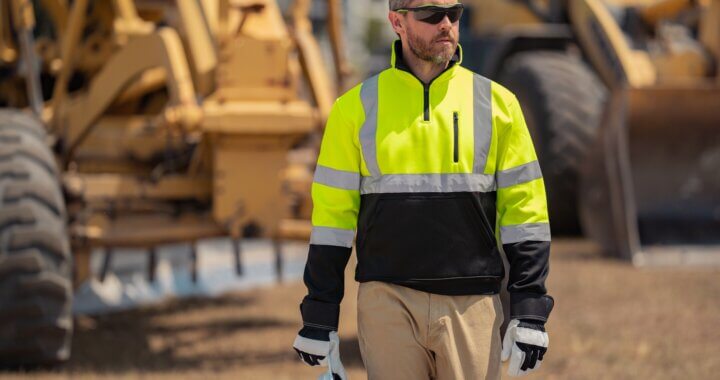Never more so than in the construction industry, is it really important to get the VAT treatment of sales invoices right from the outset. As J&B Hopkins Ltd [2018] UKUT 0382 (TCC) found to its £220K cost, you cannot always correct the position later on.
Although zero-rating can apply to building some new charitable buildings, this relief doesn’t wash down through the supply chain. The main contractor can zero-rate its invoices if the customer first issues a qualifying use certificate. However the VAT treatment of work done on charitable buildings is not the same as ‘ordinary’ building projects where the same VAT treatment applies to main and sub-contractors. Where zero-rating can apply to work done to charitable buildings, this only applies to the main contractor.
All sub-contractors have to charge VAT on qualifying charitable projects. There are no if’s, but’s or maybe’s here, they simply just have to charge VAT.
Lots of sub-contractors get this wrong and can usually rectify the situation by later raising VAT only invoices. In that case the only extra cost arising from the original mistake would usually just be possible penalties and interest. Sadly not so for J&B Hopkins. By the time the company came to try to collect the undercharged VAT from the main contractor, that company had gone bust. This left J&B having to pay over 1/6th of the contract price to HMRC as output VAT.
Neither the First nor Upper Tier Tribunal accepted that HMRC had been unjustly enriched by collecting VAT from the supplier without having to refund the same amount to the customer. This seems like a very harsh decision but one that is nevertheless correct in law.
Perhaps the lessons here are never assume that VAT isn’t due on sales invoices. Double-check and even if the answer is blatantly unfair it doesn’t mean that it’s wrong. Please call if you’re ever in any doubt. It’s always better to be safe and not sorry and remember sooner is always better.

